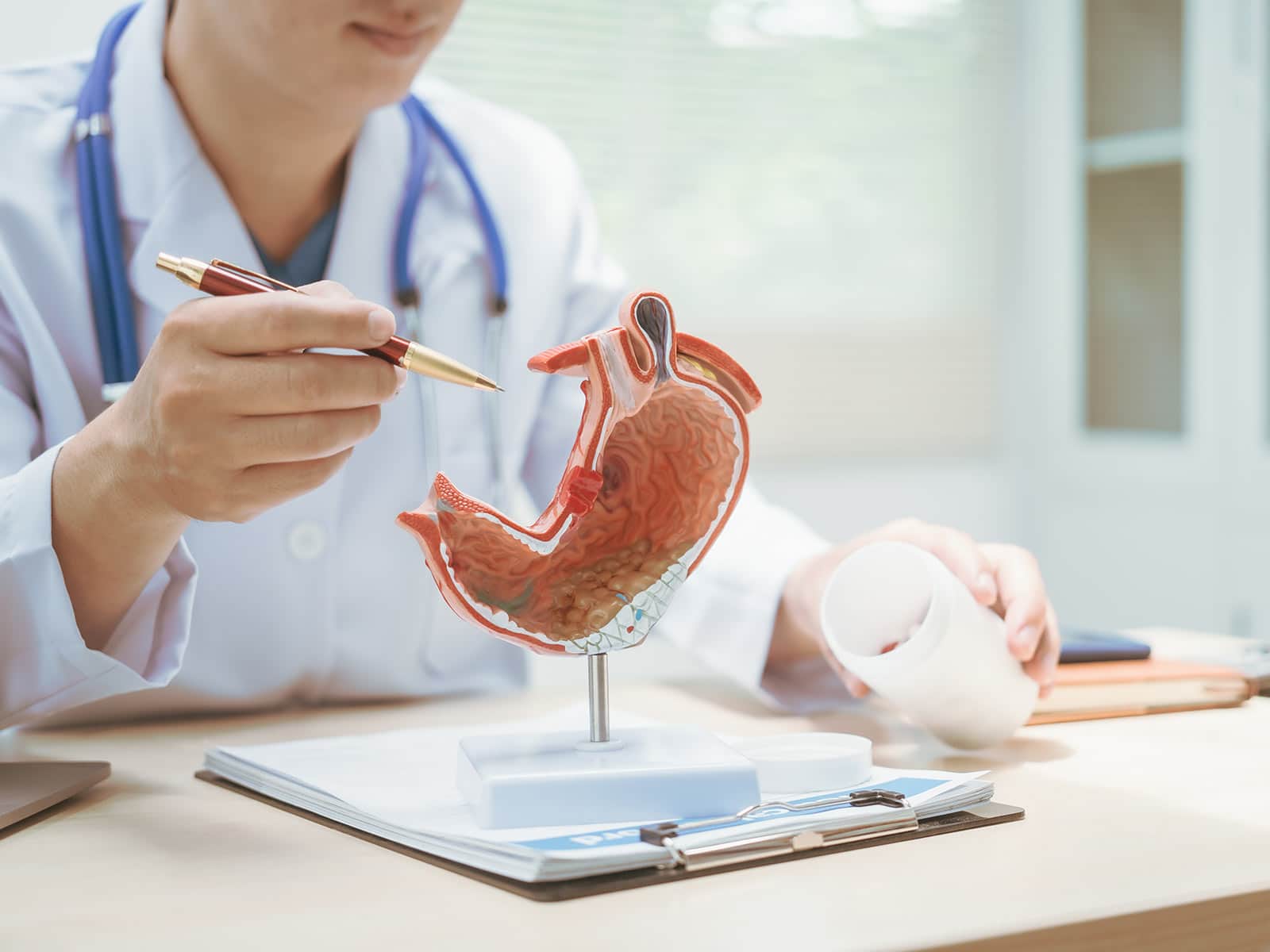
Abdominal distension is swelling of belly, tightness or distension due to excessive gas or fluid or tissue that is trapped in belly. It is not equal to weight gain - it can be a symptom of some internal digestion or medical condition that should be assessed.
The abdominal distention patients are normally complaining of:
As an illustration, abdominal distension can be caused by the following factors:
With its own vision founded on the principles of patient-centered care and global solutions of digestive health, GastroDoxs provides the high-quality diagnostics and treatment of abdominal distension, as well as other disorders. We do recline on terrestrial principles of caring personal treatment so that we can get you to undergo permanent relief and improved life.
The point is that in case you are fed up with belly swelling and pains related to your GI health, you are so eager to say goodbye to them. The book should you make an appointment with our gastroenterology department in Houston and should start your journey of lasting relief.
We've successfully treated more than 381 patients, helping individuals improve their digestive health and overall well-being through expert, personalized care.
With over 20 years of experience, GastroDoxs has been a trusted provider of gastroenterology care, focusing on delivering the best outcomes for patients
R14.0 is the ICD-10 code of abdominal distension. The condition is coded using this code in the medical records and insurance purposes.
Distension is the sudden swelling of the abdomen which occurs as a result of the gases, fluid and tissue. The fat on the body, in its turn is a type of adipose tissue that accumulates over time.
Yes. Abdominal wall could also be strained with excess production of gas or fluid pushing against abdominal muscles and nerves leading to lower back pain.
The distension following surgery is a result of reduced activity, change of diet, anesthetic effect, or temporary paralysis of the bowel in post operation.
Diagnosis may involve examination of your medical history, physical examination, as well as tests, either Imaging Tests, or Lab Tests, as necessary. The R14.0 code helps in planning of treatment.
Yes. Simple precautions are taking warm water or herbal tea, minimal exercises or stretching, avoiding carbonated drinks and eating fewer and slower meals.
An acute, chronic, or bloating accompanied by the disturbing symptoms such as abnormal weight loss, fevers, or vomiting should be addressed by a doctor.
The treatments have divergent causes that take varying time intervals. Some of them experience a few days of relaxation after changing their diet or after taking medications and other patients may need a life time management and follow up.
In rare cases, yes. Distension could either be a sign of liver disease or bowel obstruction, or tumors. It is due to such a reason that the expert evaluation is needed in the case of severe or persistent symptoms.
What are your symptoms and triggers (things that cause your symptoms) before you come, what medications you take, what were the last procedures, did you have any eva previous work up (tests) or insurance.